Publication Halted on Six Dr. Seuss Books: Is Dr. Seuss Being Cancelled?
Oh, the things you can think of when you think of Dr. Seuss. Nostalgic cartoon characters, imaginative language … and racial stereotyping? Dr. Seuss Enterprises halted the publication of six books as of March 2. The company faced backlash from school teachers, parents and social media as racist images and words found in the selected titles were justifiably called into question.
Dr. Seuss has been an iconic and beloved children’s author since he published his first book in 1937. With over 700 million Dr. Suess books being sold worldwide, the numbers show no signs of slowing down. Seuss’ success comes from his ability to make words playful and engaging for kids. An insensitive undercurrent beneath the playful and colorful language has been overlooked for years and is just now being rightfully scrutinized. Six of Seuss’ books have been removed from publication as of this month due to racist images and stereotypes.
For example, in his first work “To Think That I Saw it on Mulberry Street,” Suess depicts an Asian boy eating out of a bowl and wearing a conical hat. Additionally, in “If I Ran the Zoo,” African people are portrayed in a harmful manner. To some, the removal of these books calls into question the “cancel culture” of today’s society. Although Dr. Seuss is not being “canceled,” the six books which specifically objectify people of color are.
For all readers, no matter their age, racial stereotyping is hurtful and offensive. Seuss’ images have hurt children who are objectified by racial stereotyping. Exposing young readers to such stereotypes at home and at school lowers children’s self-esteem and the same token clouds the fact that stereotyping is unacceptable for those who are not victims. Nothing is wrong with children going through life without seeing disparaging images. The only way stereotyping can end is through education and the removal of items that keep it alive. There are other ways to make children aware of racism, but allowing it to mix in with leisurely reading is not the best time for a teachable moment.
“There are parts of his legacy one should honor, and parts of his legacy that one should not,” said children’s literature scholar Philip Nel to the New York Times. Seuss’ offensive works do tarnish his name, but by no means make him “cancel culture” material. In his later career, Seuss himself rephrased racist lines and began to incorporate more whimsical characters that did not objectify a certain race.
Sources at the Art of Doctor Seuss Project say, “those who knew him believe that if he were alive today he would have jumped at the chance to be a part of the country’s evolving dialogue about diversity and inclusion.” Through his other works, such as “Horton Hears a Who” and “The Sneetches,” Seuss draws attention to acceptance and inclusion, which are lessons that should be emphasized and taught to children. In order to make progress with stereotyping in literature, it is crucial to acknowledge its existence but explain to future generations why it is unnecessary to keep it in print. As the legacy of Dr. Seuss continues, his books containing racist imagery should not be forgotten yet should not be fuel to perpetuate stereotypical portrayals.





































































































































































































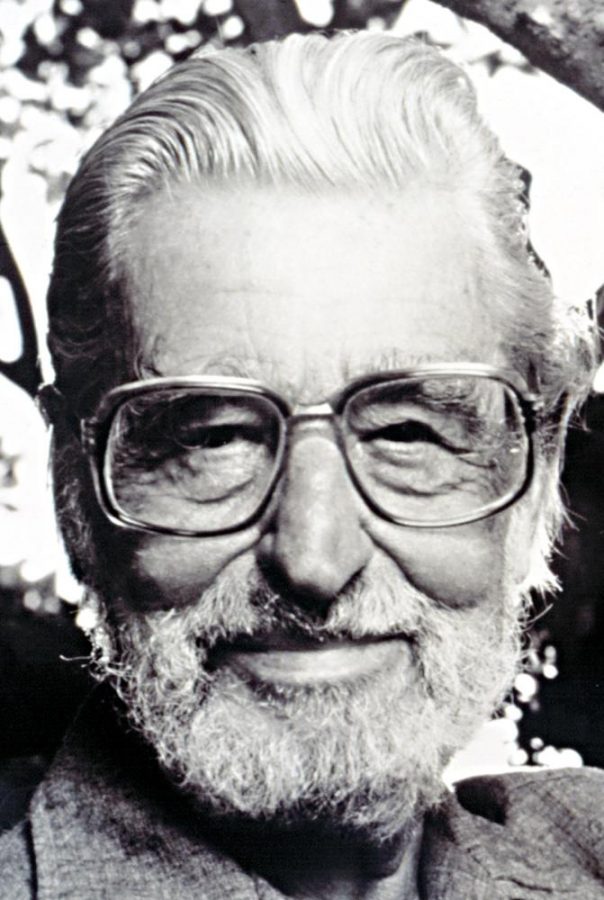

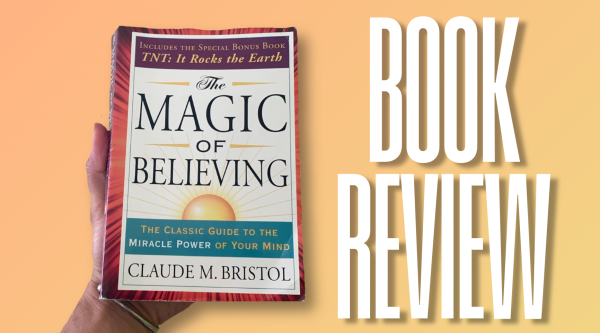
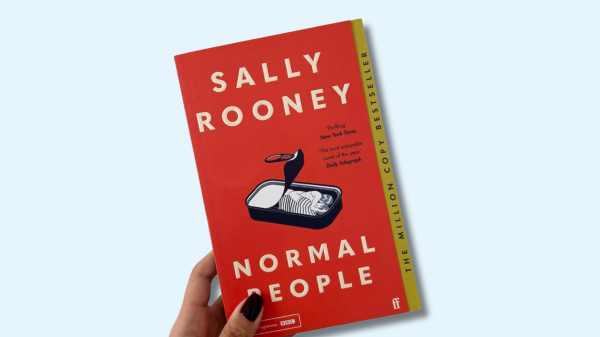
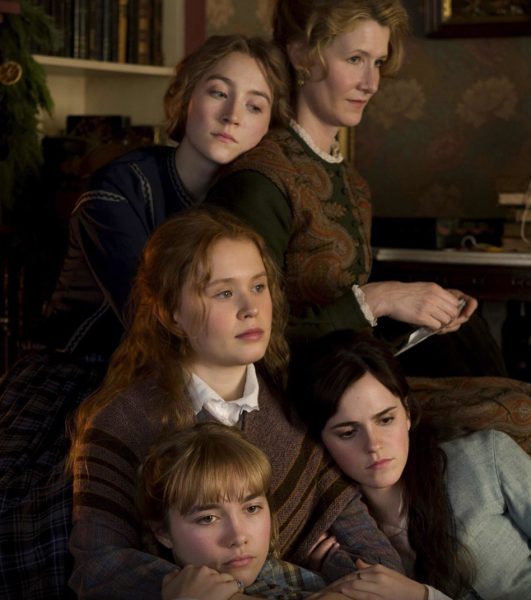
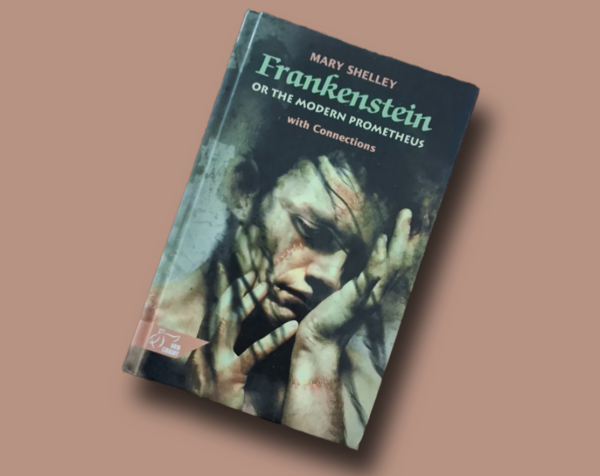



Melissa Littlefield • Mar 28, 2021 at 1:14 am
Well said!